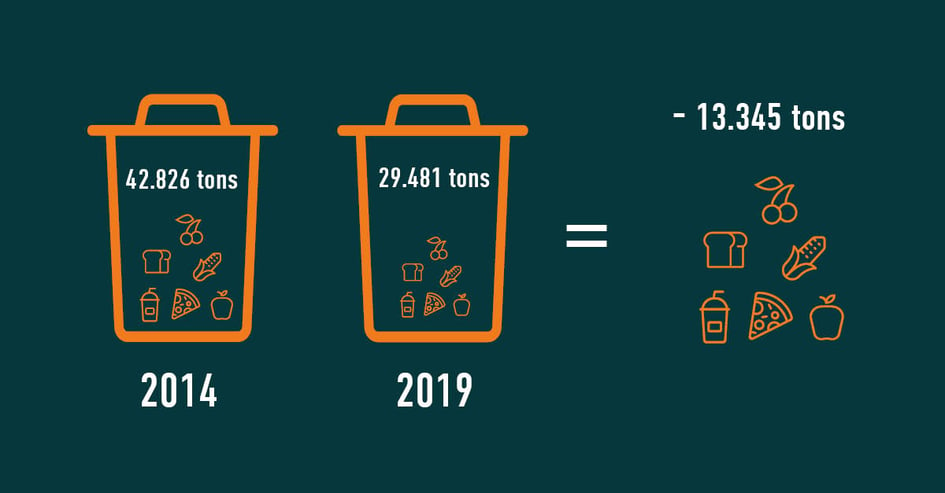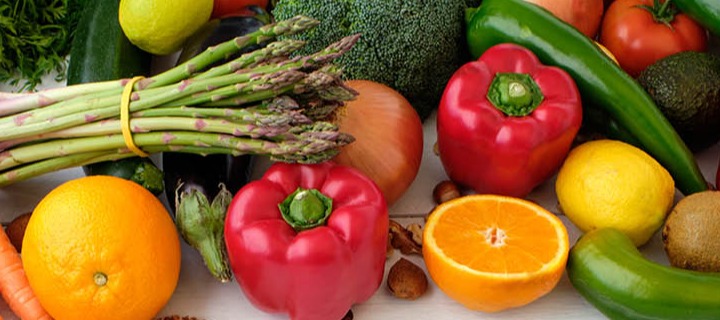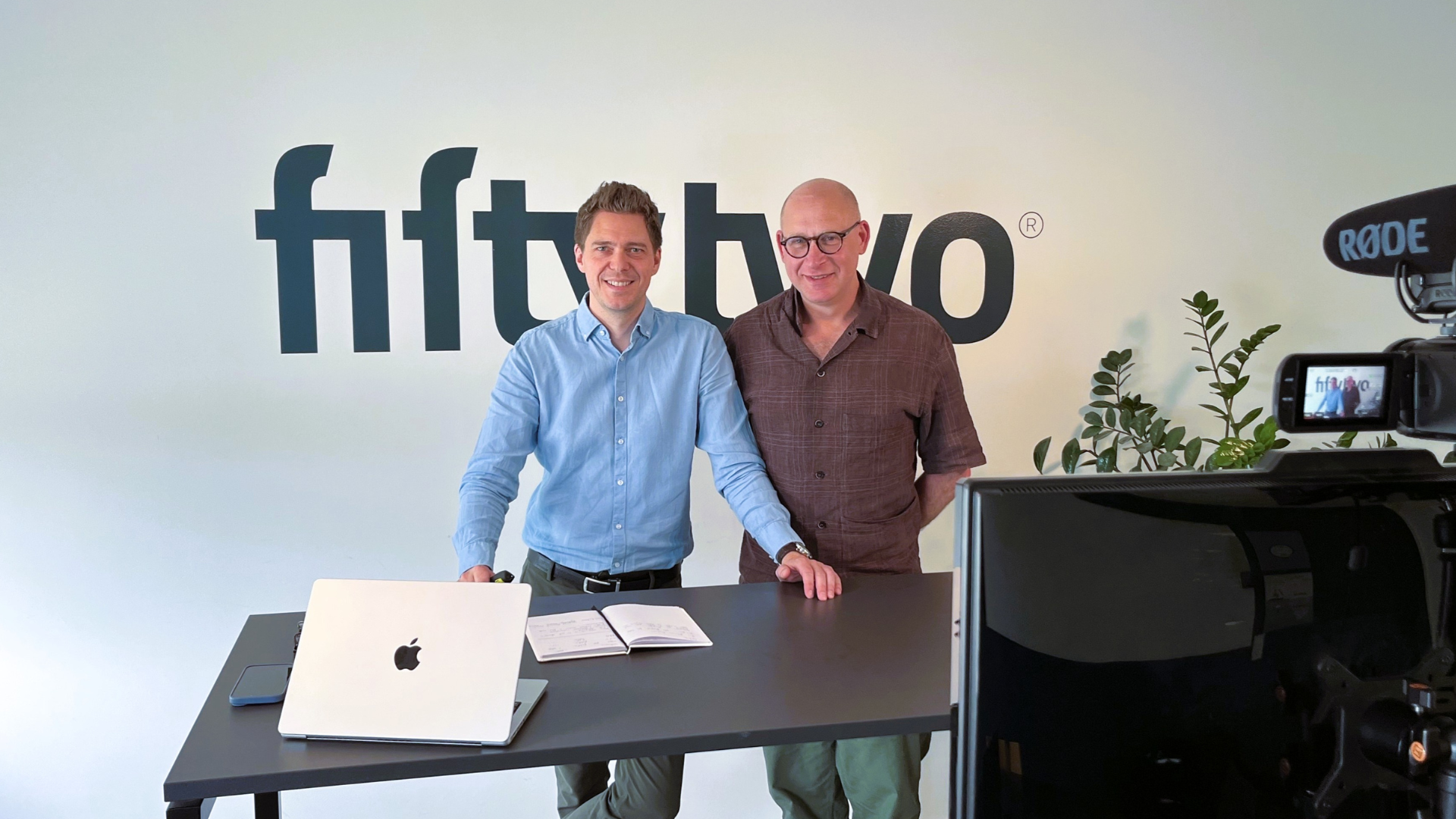For example, if you sell interior, the functional purpose of your products will be to: "decorate the consumer's home." Maybe you only sell sustainable interiors and pack your customers' purchased items in paper bags rather than plastic bags. The higher purpose of your business will be, for example, to "make the world greener."
Today, the consumer has endless options, creating massive competition among retailers. Customer loyalty exists to a much lesser extent than before. If you do not offer your customers a fair price or a high degree of convenience, e.g., easy and flexible delivery and free returns, they will turn to your competitor. Unless your business has a higher purpose, and primarily if that higher purpose can be related to the climate.
Sustainability and ethics are essential to today's consumers
There is a growing tendency among Danish consumers to be more willing to spend money when the purchase is sustainable and climate-friendly. A study from Retail Institute Scandinavia shows that the climate has, to a large extent, become part of the Danes' consciousness - especially among the younger part of consumers. It is important to 74 percent of Danes that the business they shop in has a sustainable and ethically correct profile - the same applies to 84 percent of consumers in Generation Z (the youngest part of consumers). In general, Generation Z is overly concerned about social responsibility, sustainability, and the products they buy are produced under proper conditions. Retail Institute Scandinavia points out that Generation Z consumers are now taking over retail shopping. Therefore, it is important to meet the wishes and needs of this target group.
Several retail chains have "stop the waste of food" on the agenda
When you need to formulate a higher purpose of your business, it is, of course, an advantage if it can be related to the area in which you operate. It will give the consumer the experience that you can make a difference, and they will make a difference if they purchase their products at your shop. Therefore, it is not surprising that several retail chains have chosen to fight against food waste. It is an area where they have significant influence and where their efforts will make a difference.
What is food waste?
The organization stopspildafmad defines food waste as food that could have been eaten by humans but is wasted. According to their website, in Denmark, every year, we throw out more than 700,000 tons of food that could have been eaten. The retail industry's share in this number is 163,000 tons, corresponding to 23 percent - almost a quarter.
Salling Group's efforts against food waste
In a large grocery company, food waste cannot be avoided 100 percent, but Salling Group has nevertheless taken up the challenge, and every year many tons of their food waste is cut down. From 2014 to 2019, Salling Group's food waste has gone from 42,826 tons to 29,481 tons. The strategy for reducing food waste at Salling Group is based on: "openness and ambitious goals." Therefore, in 2017, as the first grocery company, they shared the numbers for their food waste. At the same time, they set a goal of reducing their food waste by half by 2030, compared to 2014. This corresponds to a reduction of more than 21,000 tons, and with a preliminary reduction of 13,345 tons over the past five years, Salling Group is on its way.

Salling Group's success in reducing food waste results from several different initiatives in their grocery stores. We have gathered an overview of some of Sallings Group's substantial efforts against food waste.
Netto:
- 500 Netto shops can now be found in the Too-Good-To-Go app [1].
- Netto cooperates with Fødevarebanken [2], which daily picks up surplus products at Netto's central warehouses.
- With the project madspildsideer.dk, Netto encouraged the Danes to develop ideas of how to reduce food waste together. The ten best ideas within the categories: At home, in grocery stores, and society, were sent to Minister of Business and Industry Brian Mikkelsen.
- In collaboration with Fødevarebanken, Netto has developed the app "Mad Skal Spises," which functions as an offer newspaper for expired goods.
Føtex:
- In Føtex, defect cucumbers are sold, and 25 øre per cucumber sold is donated to Stop Food Waste.
- In collaboration with suppliers, Føtex uses the tomatoes that are not sold for ketchup.
- In 2019, Føtex donated excess food to local aid organizations for the fourth Christmas in a row.
- In 2018, Føtex donated DKK 1,000,000 to Folkekirkens nødhjælp via the sale of surplus food.
Coop's efforts against food waste
As for Salling Group, in a large grocery company like Coop, it is also impossible to reduce food waste 100 percent. However, Coop has also been actively involved in the battle against food waste. In particular, Coop focuses on the underlying systems and processes for estimating sales and ordering products. We have gathered an overview of some of Coop's other concrete efforts against food waste.
- In the chains Kvickly, SuperBrugsen, and DagliBrugsen, customers can find items approaching the expiry date in a freezer box named "Save the Food." This type of item is sold at reduced prices.
- A similar system is also found in Irma and Fakta.
- More than 300 of Coop's stores partner with Too-Good-To-Go. The food sold from Coop via To-Good-To-Go has a climate footprint of approx. 50 tons of Co2.
Defining a higher purpose with your business and communicating it to your potential customers is valuable. Your business becomes more attractive for the consumer to shop in. At the same time, you contribute to making the world a better place. That is a win-win. However, remember that a responsibility is involved when you commit to a good cause. You cannot brand yourself as a sustainable business if you offer your customers free plastic bags for their purchased items and continue to throw usable food directly into the container. It will make you seem untrustworthy and may negatively affect your ability to attract and retain customers.
[1] An app with (per today) 3106 restaurants, cafées, supermarkets, bakerys, etc., which offers the consumer to pick up cheap surplus food after closing time.
[2] An organization that ensures that surplus food is delivered to the socially disadvantaged.



